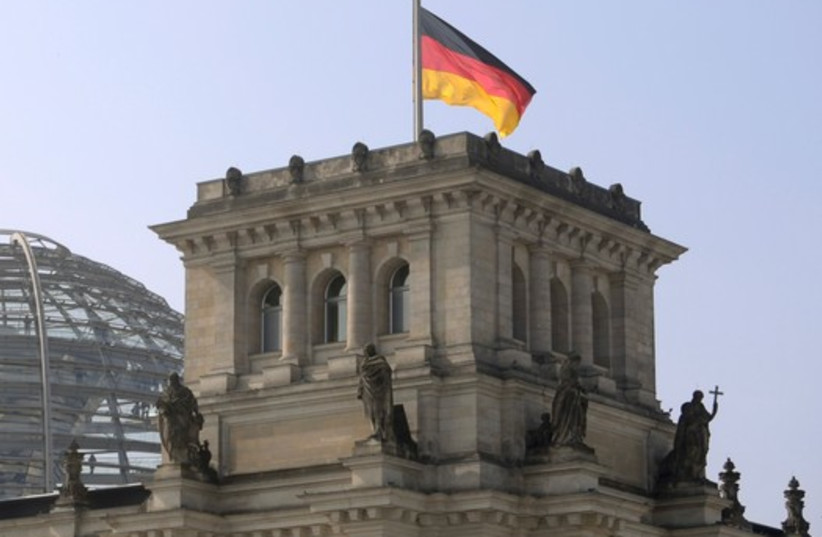If the ministers of the Israeli government participated in the Slichot prayers on Yom Kippur, among the dozens of Slichot, in the order of confession, there are two that deserve attention. One, for a sin which we have sinned before God in short shortsightedness and the other – of ignorance.
Both could be applied to the Israeli government’s relinquishment of its obligation to apply to the German government to pay its obligation to Israel as required by the Reparations Agreement.
Both could be applied to the negligence of the Israeli government by relinquishing the demand from the German government to live up to its obligations required by the Reparations Agreement.
Historically, following the end of World War II, Germany was divided into the Federal Republic of Germany, generally known as West Germany, and the German Democratic Republic, East Germany. In 1990, following the fall of communism these two entities were reunited into one state as the Federal Republic of Germany.

In early 2021, Holocaust survivors and organizations filed a petition to the Supreme Court. The petition was delivered by attorney Gilad Sher, one of the most prominent jurists in the field of commercial, public, and administrative law, on behalf of 19 petitioners, individuals and organizations. The petitioners sought to oblige the state of Israel to explain why it does not officially and diligently address the German government regarding the missing third of the Reparations Agreement.
Eight months later, after numerous requests for extensions, the government responded: the petitioners have no grounds to demand the Court’s intervention.
The missing third of Germany’s debt to Israel is currently valued at no less than 17 billion US dollars. The indebted sum represents then-East Germany’s share in the historic 1952 Reparations Agreement, which has not been paid to date.
Over time, many scholars and historians and certainly the remnants of the survivors themselves, have found substantial and moral flaws in this agreement. Outstanding among those shortcomings is Germany’s commitment to pay its share of East Germany. After the unification of the two parts of Germany, the Federal Government was supposed to pay off its debt. But it did not. And throughout the passing decades, successive governments in Israel did not officially demand the money it deserves according to the agreement, half a billion dollars in 1952, which makes it estimated at $17b. in today’s value.
The lack of action by the government on this issue is extremely unreasonable as the reparations claim has never been and will never be a “normal” political issue, in which the government is granted extensive discretion whether to take a particular action or to avoid it. The State of Israel saw it as a “mitzvah” to demand from Germany the reparations it owes to the Jewish people as a whole, and according to the petitioners, it would be extremely inappropriate and flawed on its part now to deny this task. The petitioners demand that the court require the government to correct a historic injustice to the mission toward which it has long been turning a blind eye.
Now the issue rests in the hands of the High Court of Justice. We, the Holocaust survivors and petitioners, hope that the Supreme Court will utterly reject the stand of the government. We also expect that public opinion in Israel and in the Jewish world will put pressure so that Jerusalem will address this vital issue to the government in Berlin. Thus, the sins of the last years will be forgiven, at least by the people; by Holocaust survivors in particular and by Israelis in general.
The writer is a journalist and author and among the founders of the “Project of the contribution of the Holocaust survivors to the establishment of the State of Israel and its development.”
